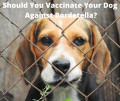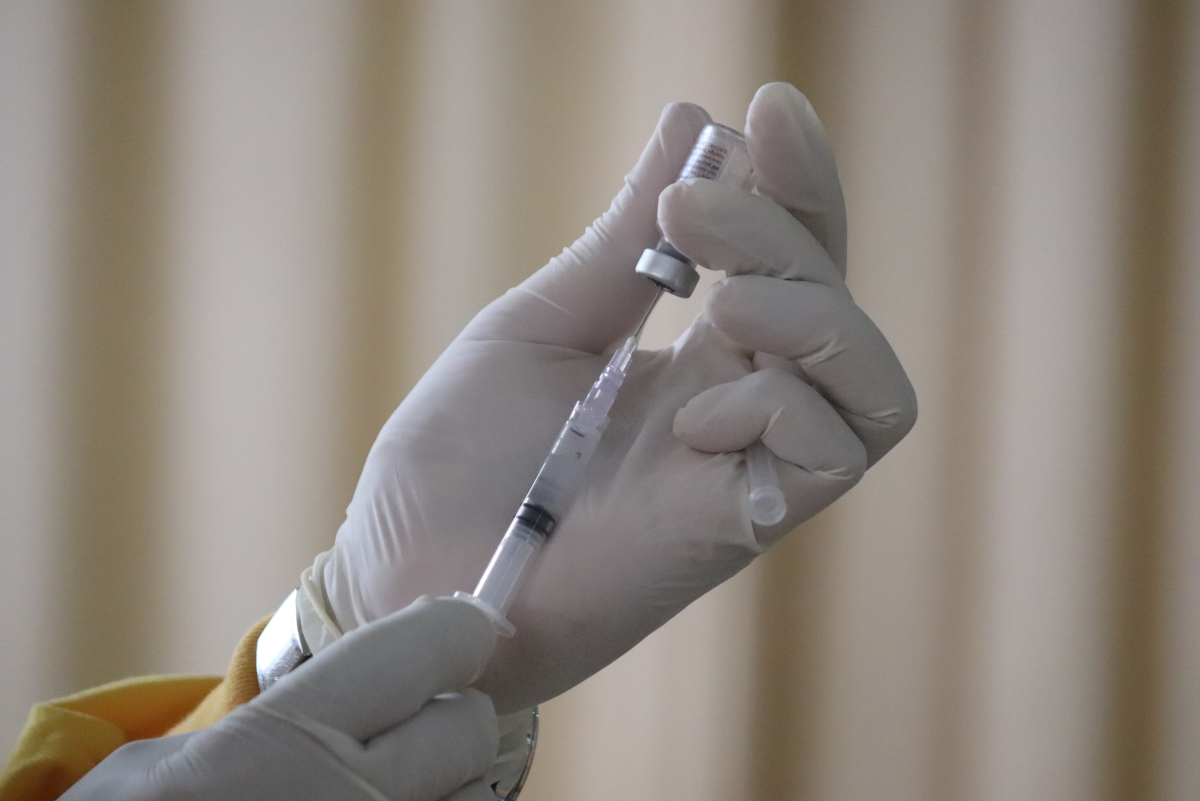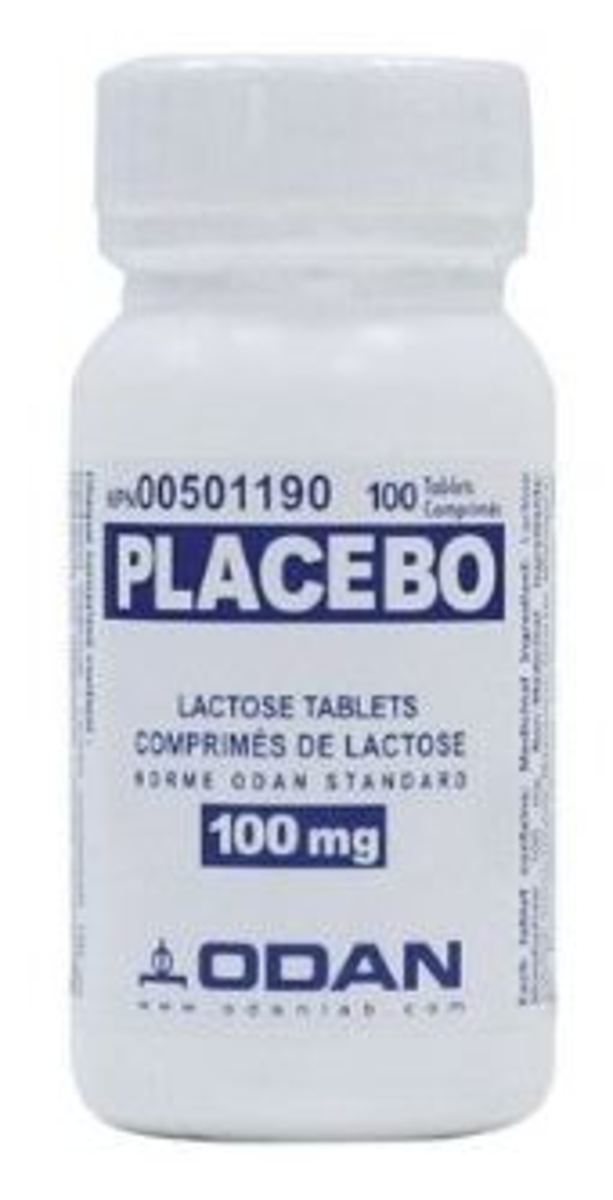Recent Breakthroughs in Vaccine Technology
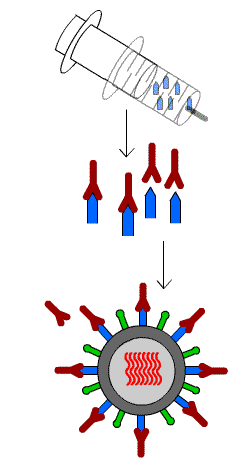
Vaccine Technology
Due to continued research, advancements in developing newer and better vaccines have been achieved in the last decade. Some of these newly discovered vaccines are highly potential in preventing life-threatening diseases or can save thousands and thousands of lives in case of an unfortunate global outbreak in future. Though some of these emerging vaccine technologies are still in their developing stages and undergoing further clinial trials, they have the potential to come handy in the near future.
What is vaccination or immunization?
Our body has a natural defense system - the immune response, which can fight against various infections. Immunization or vaccination is a process of injecting or swallowing appropriate doses of some biological preparation, which will stimulate the body immune system. The biological preparation is usually made from the specific disease-causing microorganisms enabling the body to develop antibodies, which in turn will 'recognize' and destroy the microorganisms when encountered at a later stage, thus resisting the human body against specific infections. This vaccination technology, first discovered in 1796 by Edward Jenner, (discovered vaccination against small pox) is one of the most successful public health strategies against specific deadly diseases.
What is a vaccine? The biological preparation usually administered through injections or drops for swallowing, which activates the human immune response to behave as a protective wall against specific diseases is called vaccine. In order to be effective, vaccines have to match with the specific strains of virus or microorganisms causing the infection, which is why it is challenging for the researchers to come up with the right vaccine. Generally a lot of clinical trials, testing at various stages is conducted before a vaccine is approved by the Government.
In the following sections I would discuss about the recent breakthroughs that has taken place in vaccine technology in the last decade and their impact on human lives.
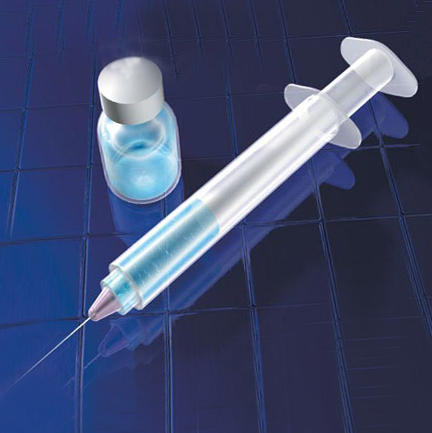
1. HPV vaccine
- In 2006, advanced research in vaccine technology has led to the discovery of Gardasil, the first FDA approved vaccine against HPV.
- Human Papillomavirus (HPV) is a sexually transmitted deadly virus, considered to be the main precursor to the cervical cancer in women. There are reportedly about 40 types of HPV strains, some may be benign causing no symptoms, but some like HPV-16 and HPV-18 are the high-risk types, causing 75% cases of cervical cancer in women.
- Worldwide, cervical cancer is the second most common cancer after breast cancer and in U.S. about 12000 women get affected, out of which 4000 die from this disease annually. The toll is much higher in the developing countries, for instance in India, 74,000 women lose their lives every year due to this killer cancer.
- There is no cure for cervical cancer but the good news is that, Gardasil, a vaccine which has been proved to prevent the infection caused by four types of HPV (1, 6, 16 and 18), out of which 1 and 6 are known to cause genital warts and precancerous lesions around the genital organs, and 16 and 18 are the major causes of life-threatening cervical cancer.
- The vaccine is recommended to girls and young women between 9-26 years and the dose comprises of three shots over six months. No serious side-effects of the vaccine have been detected so far, apart from pain and redness at the site of injection, fever, nausea and fainting.
- This vaccine is not a live virus, hence there is no risk of getting infected after getting vaccinated. It is made up of a protein that help body's natural immune system produce antibodies against HPV and can be administered safely and effectively.
- Gardasil was launched by Merck and closely following, another effective vaccine launched by GlaxoSmithKline, called Cervarix is also in the world market since 2009, also preventing against the two high-risk types of HPV infection.
- Sexually active women who get infected by HPV develop genital warts and precancerous lesions in the genital areas such as the cervix, vagina and vulva, the condition in some cases is also called cervical dysplasia. These, if goes untreated can cause cervical cancer or less common vaginal and vulvar cancer over a period of time. Treatment of cervical dysplasia is painful and highly expensive. Keeping all these in mind, we can realize the importance of these discoveries and how many women's lives will be impacted positively in the future.
- However both these vaccines do not ensure complete protection from cervical cancer as infection caused by other strains of HPV are not covered. They only cover infection caused by the two most deadly strains.
- Despite the limitations, Gardasil and Cervarix are major breakthroughs in the last decade which hold a great promise in reducing prevalence of the HPV and cutting down the worldwide percentage of infected women and deaths caused by cervical cancer to a large extent.
Read more about Gardasil
- GARDASIL [Human Papillomavirus Quadrivalent (Types 6, 11, 16, and 18) Vaccine, Recombinant]
Information about GARDASIL [Human Papillomavirus Quadrivalent (Types 6, 11, 16, and 18) Vaccine, Recombinant].
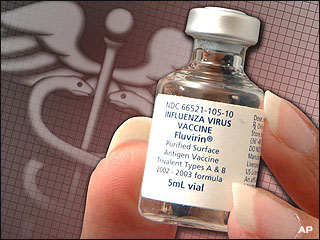
2. Vaccine against Avian Flu Virus (H5N1)
- In 2007, a global pharmaceutical company, Sanofi Pasteur developed the first Food and Drug Administration (FDA) approved vaccine against H5N1 avian flu virus. Commonly known as bird flu, the current deadly strain of H5N1 virus is spreading from birds to humans or among birds themselves. The symptoms are far more severe than normal influenza and develop quickly once transmitted, usually causing pneumonia and multi-organ failure.
- The deadly disease has killed about 300 people and infected about 400 people worldwide since 2003 and the experts worry that a bird flu pandemic may spark a global outbreak in a matter of time, with the mutated strain of the easily transmitted human to human version of the virus.
- Dose: Two intramuscular injections of 90 microgram/lit are applied with a month’s gap and the trials were carried out in healthy adults aged 18-34 years.
-
The effectiveness of this vaccine may be limited if the current virus mutates into a human-to-human version, but nevertheless it is a big step forward to immune people against the bird flu virus in a worst-case scenario like a pandemic.
-
Following shortly, in 2009, a study in the Department of Microbiology and Immunology at the University of Melbourne, Australia, experts have successfully come up with a modified and effective version of influenza vaccines to protect humans from the deadly bird flu virus. They have studied that the killer T-cells in the human body can locate and destroy the virus-infected cells, so their idea was to add a specific component to the existing formulae of the influenza vaccines, which will induce the T-cells to act. In that case, potential immune modulator in these vaccines will trigger T-cells to destroy the virus-infected cells of human bodies, thus preventing people from contracting the virus or at least reducing the severity, causing hospitalization and death. These vaccines are undergoing clinical testing and are on the way of approval.
News from CDC regarding the new avian flu vaccine
- Inactivated Whole Virus Influenza A (H5N1) Vaccine | CDC EID
Read more about H5N1 vaccine from an authentic site.
3. Vaccine against 2009 Swine Flu (H1N1)
- 2009 swine flu (H1N1 strain of influenza A virus) has tormented many parts of the world and has caused deaths of 18,000 people worldwide. WHO had declared the swine flu outbreak as a pandemic (the situation in which diseases spread on a worldwide scale across a wide population and different countries).
- Swiss pharmaceutical company, Novartis AG claims to have developed the first batch of swine flu 2009 vaccine by November 2009 and then four other companies, Sanofi Pasteur, CSL, Glaxo-SmithKline and Medimmune followed. The vaccine was clinically tested and approved by FDA.
- However, one in a million could be exposed to the risk of the Guillain Barre Syndrome - a rare neurological disorder.
- In April 2010, India was one of the few countries to come up with its home-made swine flu vaccine, Vaxiflu-S. Manufactured by pharmaceutical major Cadila Healthcare, it is an egg-based, single dosed vaccine. Its side effects, experts say, are minor which include fever, aches and mild soreness.
- These new vaccine technologies holds the promise to go a long way in ensuring much better preparedness should there be another wave.
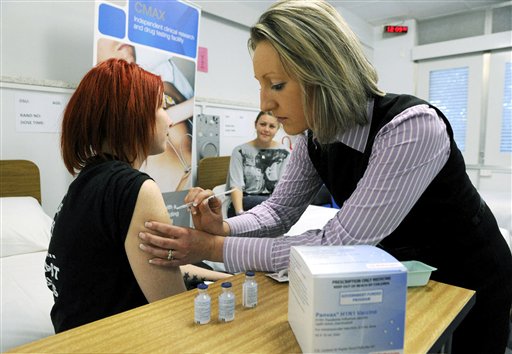
Learn more about swine H1N1 flu vaccine
- CDC H1N1 Flu | Questions & Answers Novel H1N1 Influenza Vaccine
Get the first hand info about 2009 swine flu vaccine directly from the "Centres for Disease Control and Prevention"
4. Five-in-One Vaccine for Children:
- Children are vaccinated worldwide against the formerly more common diseases like measles, mumps, rubella, tetanus, pertussis, diphtheria, poliomyletis, whooping cough and Hepatitis B.
- A recent advancement in research and technology has come up with a pentavalent vaccine, Pentacel which is a combined vaccination for immunization against diptheria, tetanus, pertussis (whooping cough), polio and Haemophilus influenza type b (Hib).
- Another advantage of this five-in-one vaccine is that the preservative containing mercury compound, Thimerosal which was earlier used in the previous vaccine is not used any more.
- Pentacel is approved for administration as a four-dose series at two, four, six and 15 to 18 months of age. The first dose may be given as early as six weeks of age.
- The most common side effects to Pentacel include injection site redness, swelling and tenderness; fever, fussiness and crying.
- According to WHO report, over two million childrens' lives are saved worldwide, thanks to vaccination and with the advent of this new pentavalent vaccine, administration will become more convenient, safe and effective.
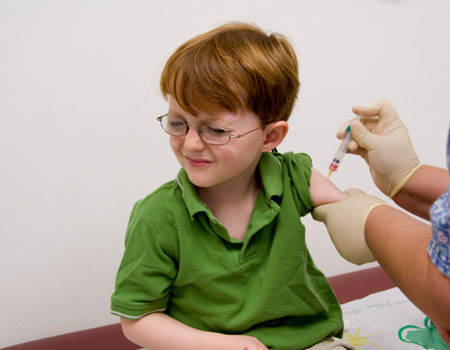
Learn more about Pentacel vaccine
- Pentacel - Home Page
All necessary information about Pentacel vaccine are described.
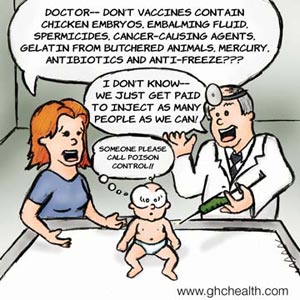
Personal opinion
- I personally feel that discovery of vaccination technology is path-breaking and one of the most effective weapons we could have against deadly diseases. Fatal diseases like small pox was eradicated on a worldwide scale, thanks to small pox vaccine.
- Also every year about two million children are protected from various life-threatening infections through the systematic vaccine shots (as reports WHO).
- However, as a responsible world citizen we can make necessary efforts to safeguard against viral infections such as H5N1 and H1N1 and take preventive measures to cut the risk of spreading the diseases, without having to take the vaccine.
- The simple reason for this is that vaccines work only in 85-90% cases and is not foolproof, a stage-by-stage clinical testing for each age group is necessary to actually ascertain the safety of the vaccine.
- Also new strains of virus are introduced each time a flu outbreaks, hence previously approved seasonal flu vaccines do not work in those cases. Sometimes due to hurriedness of the situation, vaccines have to be made under time-pressed situations and administered to keep the health crisis under control, as a result many adversaries and deaths caused due to getting vaccinated is also not unknown.
- Hence I would celebrate the moments of these novel discoveries, at the same time learn the ways to prevent infections in a natural way. Always do a thorough research and check, when planning to get a vaccine for yourself or your child.



